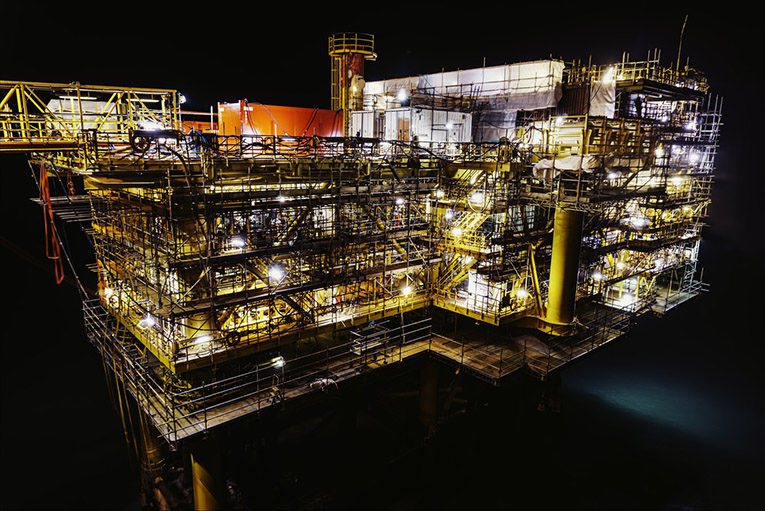U.S. regulators are looking for ways to crack down oil and gas mergers and acquisitions in a strategy to combat gasoline rising prices; the main reason behind the decision comes as national franchise networks may be driving up gas prices at the pump illegally.
The Biden administration has a big issue with rising gasoline prices; weeks ago, the U.S. government called OPEC+ to increase oil output, apparently in an attempt to drive down its fuel prices. The decision was criticized by institutions, especially as the call came just a day after the IPCC report.
Now, after hurricane Ida and several disruptions in the downstream sector, fuel prices are most likely to spike. However, the Federal Trade Commission thinks there’s a more profound factor; it is trying to investigate any collusion by national chains to push up prices.
According to a Bloomberg report, FTC Chair Lina Khan is already directing staff to identify new legal theories to challenge retail fuel station mergers. Bloomberg confirmed such position after obtaining a letter to the White House economic adviser Brian Deese, sent on August 25.
Also recommended for you: Quantum Fuel Systems to deliver hydrogen trailers for Certarus. Click here to read.
U.S. regulators to impose prior approval for o&g mergers
“Over the last few decades, retail fuel station chains have repeatedly proposed illegal mergers; suggesting that the agency’s approach has not deterred firms from proposing anticompetitive transactions in the first place,” Khan said.
Among the measures to be taken shortly, there is the imposition of “prior approval” requirements for oil and gas mergers; including those in the retail fuel gas markets. Khan said that the FTC plans to ratchet up investigations, particularly into abuses in the retail fuel station market.
“We will need to determine whether the power imbalance favoring large national chains allows them to force their franchisees to sell gasoline at higher prices; benefitting the chain at the expense of the franchisee’s convenience store operations.” She added.
According to Bloomberg, Khan also remarked the fact that the decision to toughen requirements came after a “significant consolidation in the industry during recent years.” The decision confirms that gasoline and fuel prices have become a political concern for the Biden administration. Especially after Hurricane Ida, as said above. Gasoline prices already spiked this Monday.


